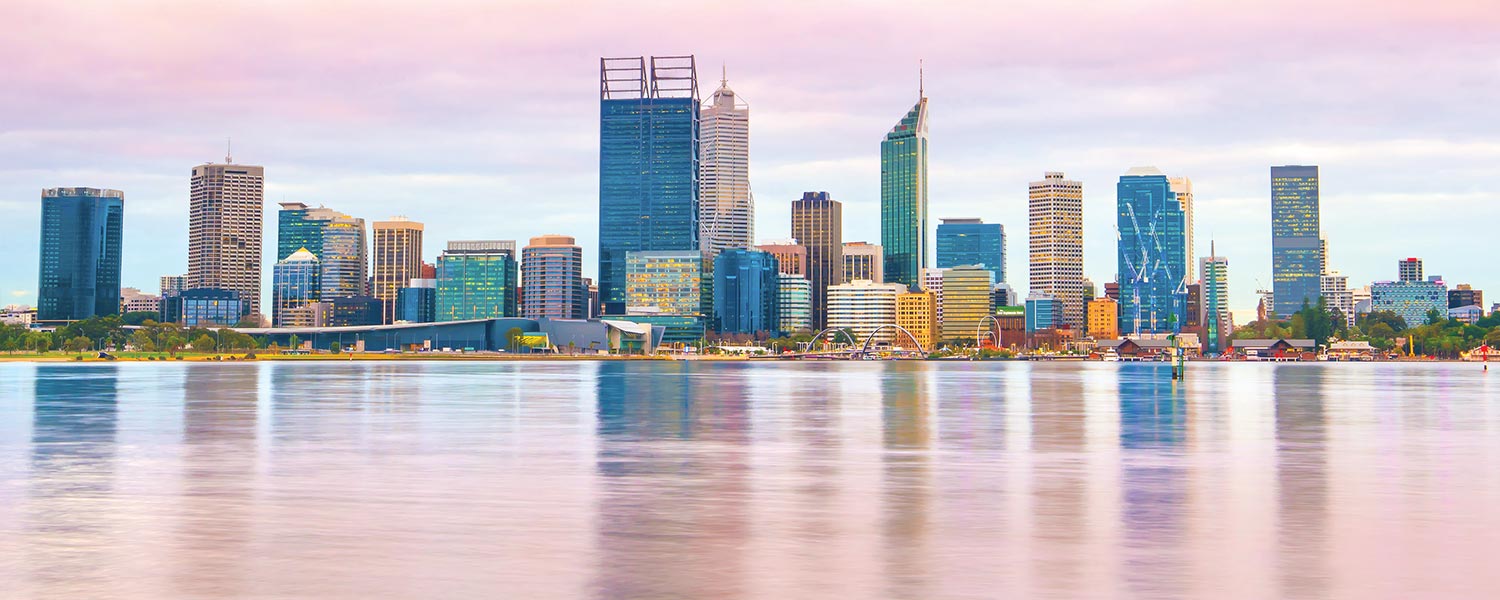Recovering Permanent Residency After a Long Absence from Australia
In my practice as a migration lawyer, I often come across two myths.
The first myth is that permanent residency is, well, permanent. In fact, this is only partially true. A person who is granted a permanent visa is in fact granted two distinct but related rights:
(1) The right to remain indefinitely in Australia;
(2) The right to re-enter Australia.
This second right lasts only for 5 years and needs to be renewed (unless a person subsequently obtains Australian citizenship).
The renewal of the re-entry right is through an application for what is known as a Resident Return Visa, or RRV.
Of course, if the person does not intend to travel, and they are in Australia or return to Australia before the expiry of the right of re-entry, they may access the first right of remaining in Australia indefinitely and therefore live in Australia permanently without more.
The second myth is that a person who has been absent from Australia for a significant period of time and who has allowed their right of re-entry to lapse has lost their permanent residency forever. This is not the case.
In fact, it is entirely possible to “recover” the lost permanent residency rights.
Recently, I dealt with a client who had obtained permanent residency in 2008 but had since allowed it to lapse. The client continued to return to Australia from time to time on visitor visas to spend time with her family members.
Recently, as a result of the COVID-19 pandemic, she was stuck in Australia due to border shutdowns. She approached me to see if she could apply for an onshore extension of her visitor visa.
When I found out that she had previously been a permanent resident, I suggested that she apply for a RRV. She told me that, given that it had been more than 5 years since her permanent residency had lapsed, she had been advised by her agent in Malaysia that she was unable to obtain a RRV. Instead, she was told, she ought to apply for a Contributory Parent Visa (as her adult children were in Australia), which would come at a significant cost.
I disagreed with the advice that had been given to the client and strongly recommended that she apply for an RRV.
It took some convincing, but my client finally agreed to let me prepare and lodge the RRV application for her before the expiry of her tourist visa.
I lodged the RRV application on Monday at 4:48pm. To my client’s surprise, the RRV was granted on Tuesday at 9:40am. My client was elated and bought herself a congratulatory cake to celebrate. She tells me that it must have been the fastest permanent visa grant I have ever obtained and it must have taken all of 10 minutes for the Department to make the decision.
I said, in fact, I thought it was more likely that they took about 40 minutes to make the decision. It was nonetheless a good outcome and I was glad that the client entrusted me with the process and was able to recover her permanent residency.
Each case, of course, must be looked at in relation to its individual circumstances, but the point is this: former permanent residents should carefully consider whether they may be eligible for an RRV before giving up completely.
If you need any assistance in relation to RRVs, please contact Lester Ong at long@munrodoig.com.au.


